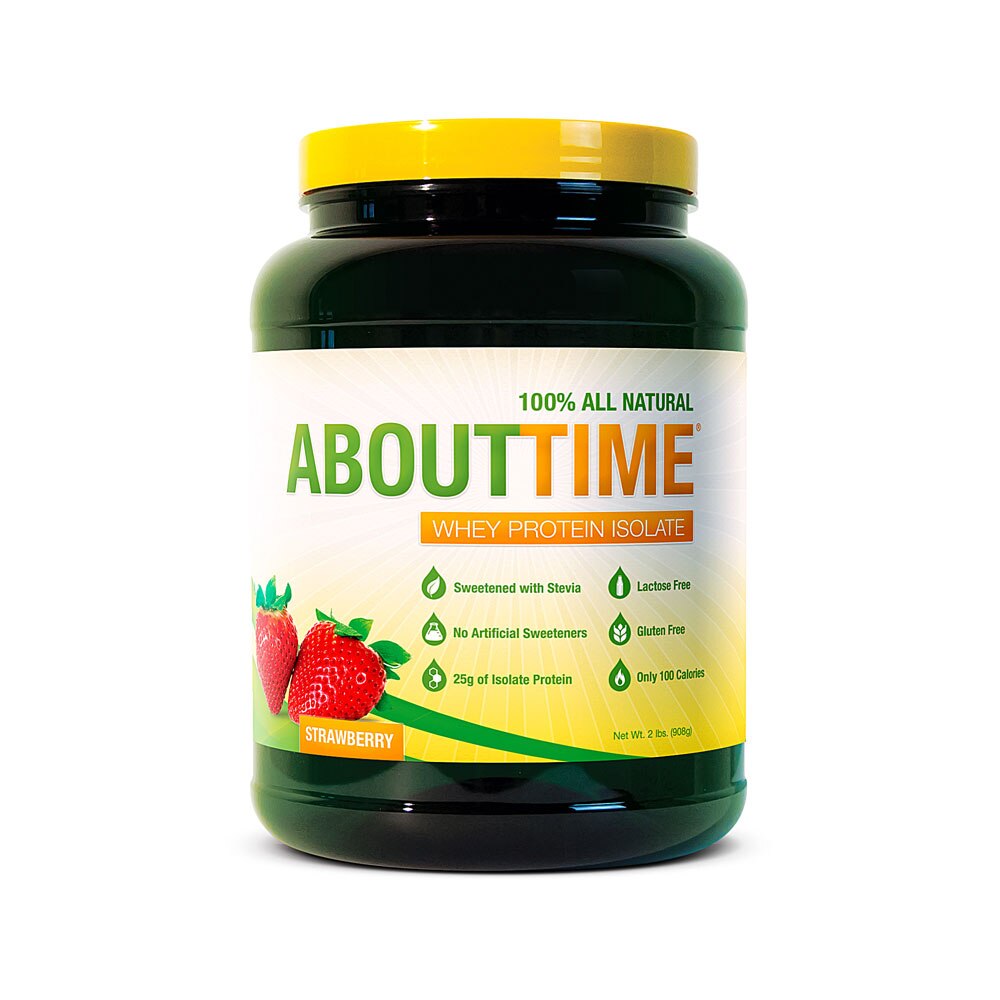Supplements 101 – Part 2
Filed under: General Health, Nutrition
Today I am going to continue my post on Supplements from last week. If you haven’t caught up, please do so!
Protein Powder
Protein powder is a simple and convenient way to get more high-quality protein into your diet. Ensuring adequate protein intake can make a big difference in helping you reach your performance, health and body composition goals. I do prefer people get the majority of their protein intake from whole-food sources, 1-2 scoops of protein powder per day is acceptable (this includes protein bars).
In addition protein powder, specifically whey, has many health benefits beyond just its protein content. I have expounded on this in the past, and I wrote an entire article on t-nation on the health benefits of whey, so I won’t dive in here. However, this is why quality of the product matters, as lower quality proteins can be poorly produced and decrease their health benefits.
For protein powders I recommend:
About Time Whey Protein. It is from mostly grass-fed cows (depending on availability), free of artificial sweeteners (uses stevia), is low-temperature processed (protecting those healthful biological fractions), reasonably priced and tastes great! There are other excellent products out there, but I feel this product provides the best combination of all of those elements.

Probiotics
Probiotics are simply live bacteria/microorganisms that are thought to beneficial to the organism in which they reside. Probiotic literally means “for life.”
These probiotic bacteria seem to provide benefit to their host organism (such as humans) by taking up residence in our GI tract (mainly colon, but some in small intestine) and preventing pathogenic bacteria (such as E. Coli) and toxin producing bacteria (such as clostridia) from growing there.
Beyond just that though, recent research has been finding specific health benefits from specific strains of bacteria. These benefits may include improvements in immune function, anti-cancer benefits, attenuation of antibiotic-associated diarrhea, inflammatory bowel disease, irritable bowel syndrome, lactose tolerance, and more. It is important to note that these benefits are not general effects of probiotics, but are attributed to specific individual strains.
Having said that, there is also more new research on the benefits of multiple strains being given together, as different strains populate different areas of the digestive tract. And since we have roughly 400-500 different types of bacteria in our gut that make up over 100 trillion cells, it seems to make sense. This is how I recommend you supplement, with a product that provides a wide range of probiotic bacteria.
One final note on probiotics is that my recommendation is as a general health supplement, if you are attempting to treat a specific symptom or problem/disease, consult with your physician as to the best strain, or if this is even a good idea. In people with severely compromised immune systems or with overly permeable GI tracts, the bacteria can enter the bloodstream and worsen the situation.
An excellent probiotic product is Biotrust ProX10. It contains a phenomenal blend of probiotic strains, as well as a patented delivery system to ensure that they survive the trip to your large colon.

Multi-Vitamin/Mineral
While a basic multi-vitamin/multi-mineral is not necessarily going to cure many particular ills like the above-mentioned supplements, it is a solid addition to any supplement regimen. Think of it as simple insurance that may prevent any minor micronutrient deficiencies.
There is evidence that hard-training individuals have an increased need for vitamins and minerals. As such, a simple daily multi can help to ensure adequate micronutrient intake.
For the vast majority of the population, I see absolutely no need for the expensive multi-pill formulas out there; a simple formula in conjunction with a whole-food based diet will provide more than adequate nutrition. I would recommend that men choose a product without iron, while women choose a product with iron due to losses from menstruation.
While there are many fine options out there, two that I really like are VGF 25+ by Prograde, as well as Men’s One Daily Iron Free or Women’s One Daily both by Innate Response. I like all of these products because they contain whole-food ingredients, and generally only provide about 100% of RDA of needs, which is all they should since they are simply there to provide insurance, not cover your needs with enormous dosages. A third option that many clients of mine have taken and swear by is Athletic Greens. The choice is yours.
And that’s it! If on a daily basis you take a quality and simple multivitamin, with 2 fish oil pills, 2,000 IU of vitamin D, 1 probiotic, and have a little whey protein powder that should be most if not all of the supplements you need! The rest of your intake should come from mostly real, whole, minimally-processed plant and animal foods.
Check out the BSP Training & Nutrition Newsletter!
You will get immediate access to:
- Weekly updates and exclusive content.
- The 20-page report "The Truth About Saturated Fat & Cholesterol."
- Become more awesome!
Posted on April 18th, 2011 by Brian St. Pierre
4 Comments





April 18th, 2011 at 3:01 pm
I definitely took something from this supplements 101 class.
April 18th, 2011 at 9:05 pm
Brian,
Thank you for Supplements 101. Did you hear of Kombucha made by Synergy? I heard it is good for digestive health. I have been taking the Probiotic Pearls by Integrative Labs and love them! Gotta try your Fish Oil recommendation now. Keep up the great work!
Best,
Scott
April 19th, 2011 at 2:17 pm
And, my Amazon wish-list grew three sizes this day. . .
Thanks for the information! :-].
January 24th, 2017 at 2:54 am
Nice share. The supplements 101 guide is worth reading. I’ve used Biotrust before and it’s very effective for my health improvement.